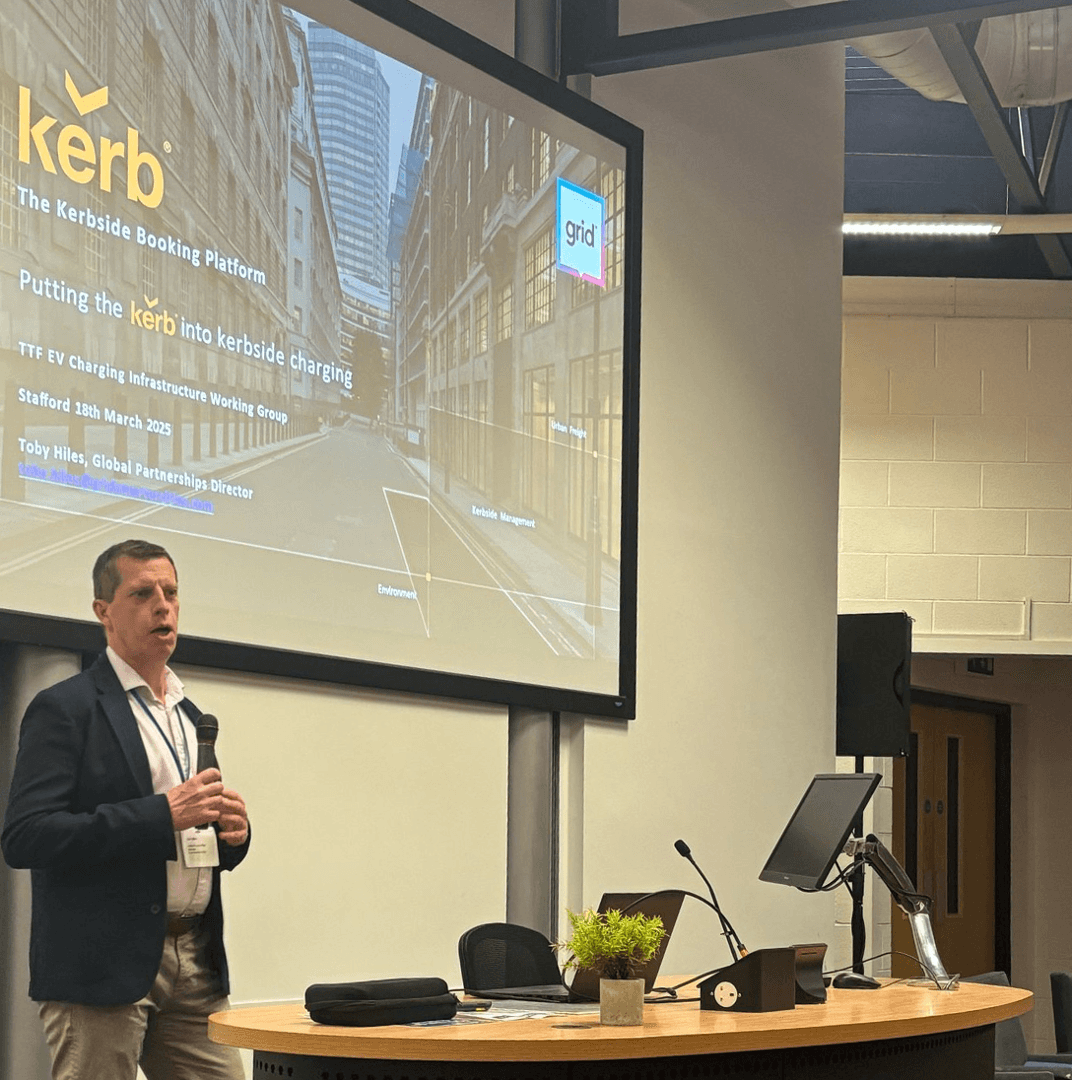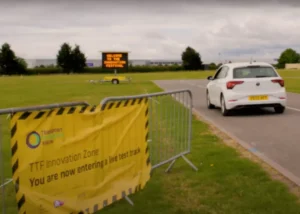Local authorities have been advised to be very careful with their commercial contracts with Electric Vehicle Charge Point Operators, in order to avoid falling into common pitfalls around demanding too much from the private sector.
The Transport Technology Forum’s Electric Vehicle Charging Infrastructure Working Group, meeting in Stafford, heard advice from the Office for Zero Emission Vehicles which has said there are cases where the private sector have been put off from investing because of punitive clauses.
Examples included fixed concession fees set too high and leading to capital funding being spent on fees and reducing the number of charge points installed, or revenue shares set too high and kicking in too early reducing commerciality. The recommendation was also for any revenue shares to be implemented after the cost of electricity was deducted. The meeting also heard that unreasonable termination clauses with limited rights or relief to the charge point operator have made projects uninvestable for the private sector.
Meanwhile Zapmap Insights reported on its latest survey of EV drivers’ attitudes and found that, while fewer people are concerned about charge point availability and reliability than last year, a growing number of people are worried about the rising cost of charging. It says those with access to a home charger are currently paying around 7p per mile, those who rely on the public network are paying 17p. This is leading to falling confidence that battery electric vehicles will remain cheaper to run than their diesel and petrol equivalents, with only 52% of drivers confident that will be the case by the end of the year, compared to 70% in autumn 2024.
The meeting also heard details of Grid Smarter Cities’ kerbside booking platform and how it can be used to support EV charger bookings (pictured). In a panel discussion including local authorities it was agreed that this would be advantageous in city centres and for some chargers in car parks but should not be considered for residential streets. One Working Group member likened charger booking to buying train tickets, pointing out that while some people are happy to plan their journeys in advance, others need the ability to turn up, pay and travel, and that there is a similar requirement for charge points.
The Working Group meeting, sponsored by Mobius Networks, discussed on-street charging solutions such as cross pavement cable channel solutions which safely allow EV owners to connect their on-street-parked vehicle to a charger on their house, and also the importance of accessibility and inclusivity in designing chargers, given that one-in-five people in the UK are disabled and by 2035 there will be 2.7 million disabled drivers in the UK, and up to half relying on public EV charge points. There was also a reminder of the need to factor cybersecurity into EV charge point infrastructure planning from the very beginning.
The meeting finished with a panel discussion which included a call for councils to move from the pilot phase to delivery. The suggestion to authorities beginning to deliver EV charging infrastructure was “copy your neighbour’s homework” and use protocols already being used, rather than start from scratch and build their own.
“Once again the local authorities and experts from the supply chain have got together in a room to discuss issues facing the industry and share best practice,” commented Working Group vice-chair Jon Lyons of Mobius Networks. “This is exactly what the Transport Technology Forum was set up to do – to bring government, councils and the private sector together to make transport better, and the work out group is doing is certainly achieving that.”
(Picture – TTF)























